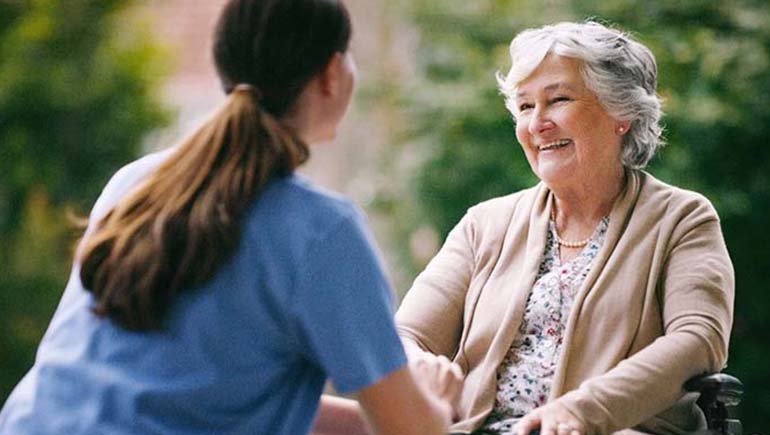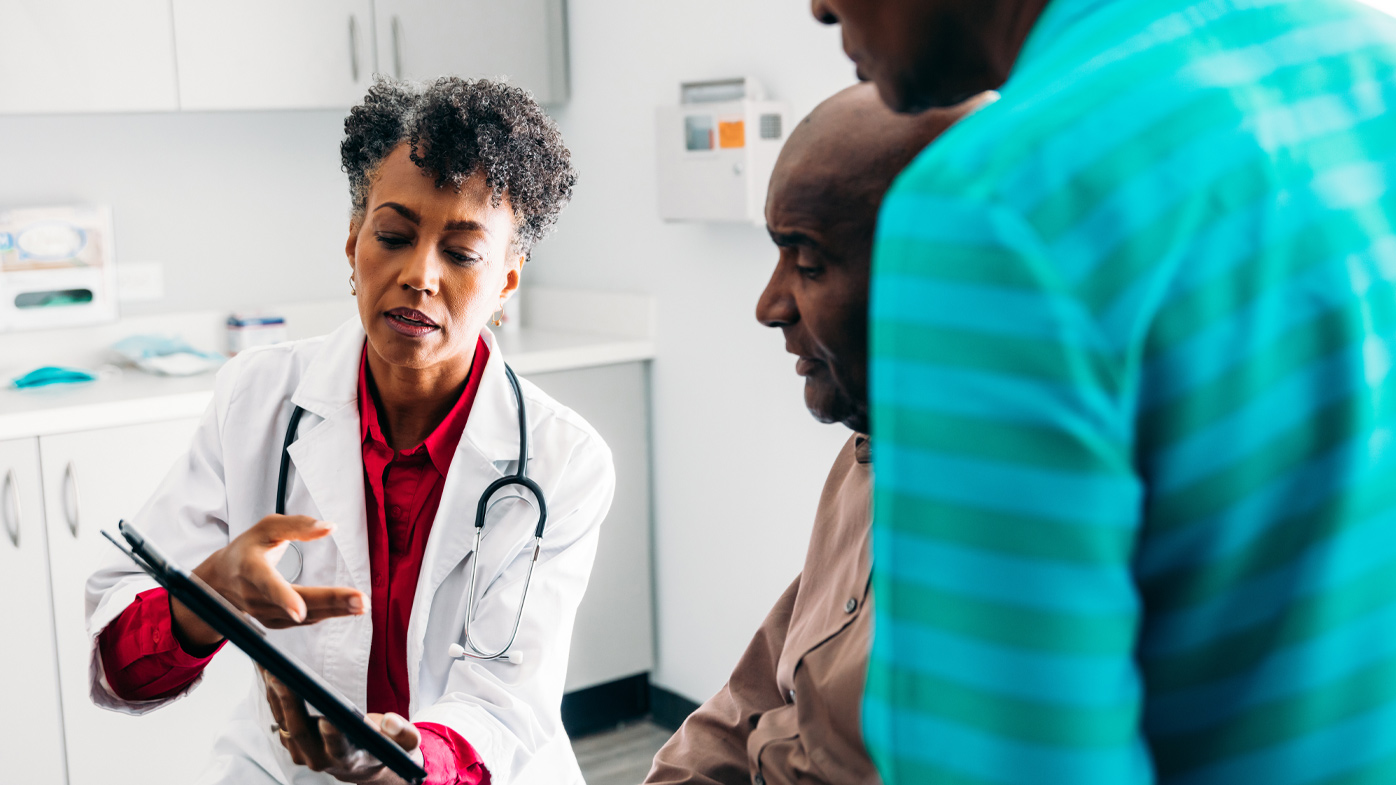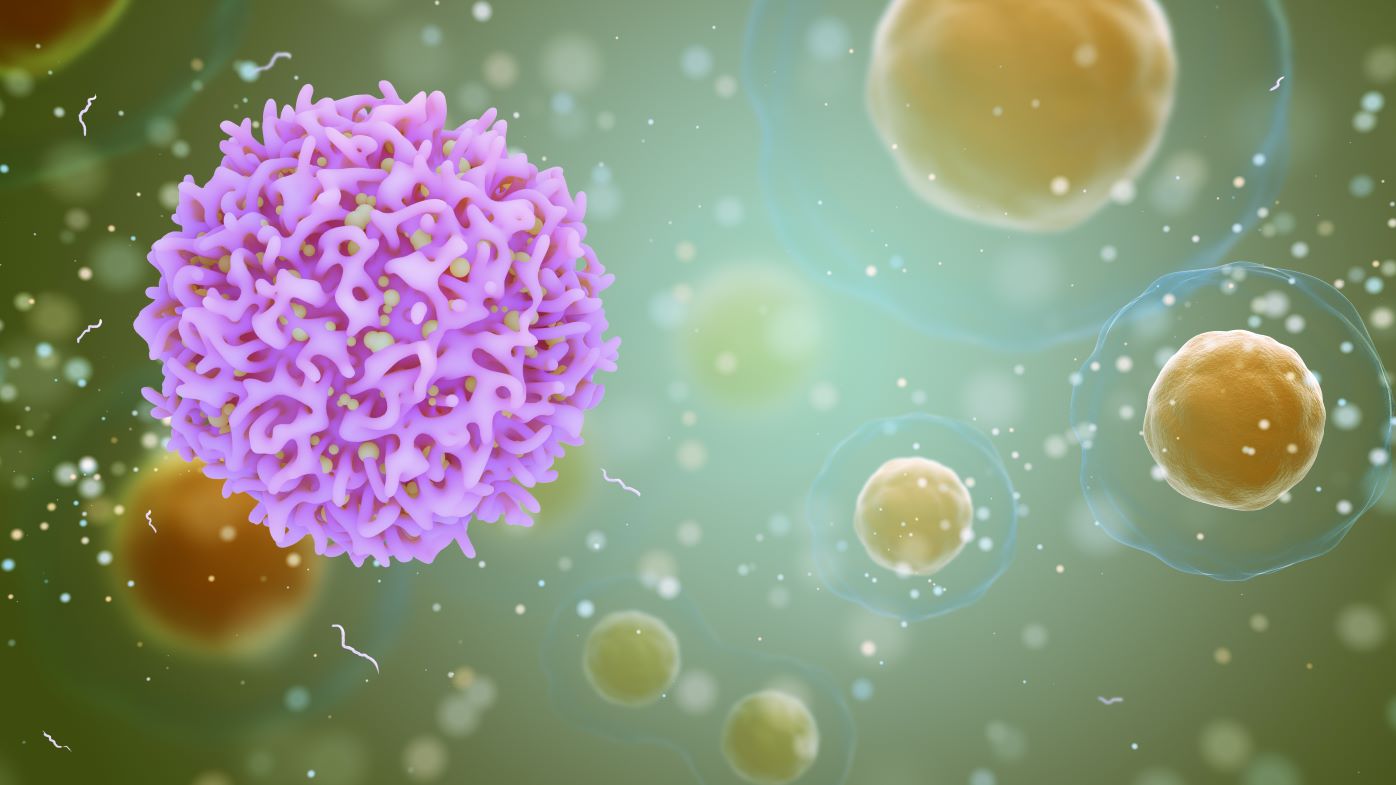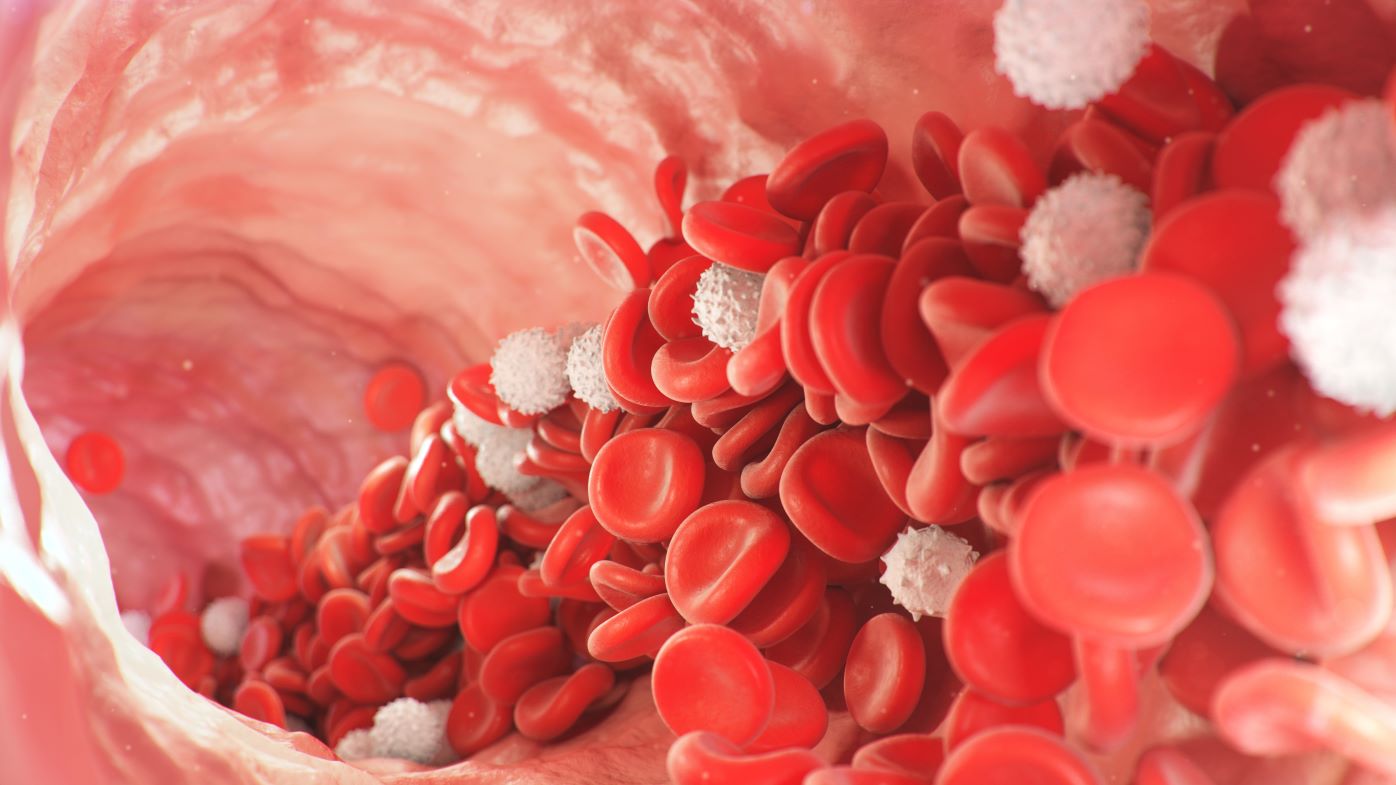
A few years back as a part-time practicing hematologist at UCSF, I evaluated a man with blood cancer. During one of his first visits, I explained his condition and recommended chemo-immunotherapy — the standard of care at that time — as the next step for his treatment. I quickly learned that he had a deep understanding of his disease and prognosis, and he was unwilling to receive chemotherapy. He had doubts about the long-term side effects including a risk of second cancers. When he inquired about other options, I suggested he consider enrolling in a clinical trial that was investigating a new “chemotherapy-free” targeted treatment for blood cancer.
He was later selected for the trial and had a remarkable result: complete disease remission with no evidence of minimal residual disease that has been durable for several years off of all treatment. Not only was I thrilled for my patient, I was also encouraged by the progress the research community was making for serious conditions like blood cancers. This encounter also had a profound impact on me. I was inspired by how invested my patient was in his own health, and how together, we explored new solutions beyond the standard of care, delivering greater outcomes than those I initially proposed.
My strong desire to advance science and improve patient outcomes while still personally treating patients with blood diseases prompted my decision 25 years ago to pivot from a full-time academic background to the biopharma industry. I knew biotech and pharmaceuticals companies were helping fuel innovation more quickly. In my first industry role in the mid-1990s at a small Bay Area biotech company, I helped launch the first-ever human clinical trial investigating chimeric antigen receptor (CAR) T cells to target HIV.
My research in T cells and immune cell therapy continued, and I was involved in the first CAR T cell trial to treat solid tumors (which we finally published 20 years later). I committed to balancing my time between patient care, translational research and clinical development of cell and gene therapies for cancer. I eventually moved to then-Celgene, leading the early clinical development organization and helping to launch and oversee our first collaboration in the field of CAR T cells.
Breaking New Ground With CAR T Cell Therapy
I always believed that the CAR T cell therapy treatment model held promise because I had seen first-hand the success of donor T cell infusions in leukemia that had relapsed following bone marrow transplant, in my patients who were participating in clinical trials. CAR T cell therapies are personalized, complex treatments that involve patients in a way traditional medicines do not — by using a patient’s own immune system to treat certain blood cancers. Patients who undergo CAR T treatment have their own T cells extracted, reprogrammed and reinfused in their bodies where they expand and aim to destroy the target cells. It’s an extraordinary process that gives me hope for the future of cancer care.
Shortly after joining Celgene, news broke of a ground-breaking development — a young patient in a clinical trial for refractory leukemia had achieved a durable complete remission with CD19-targeted CAR T cells. Although this was not a Celgene trial, it was new and exciting territory, and it was especially compelling to the company at the time. I dedicated the next several years to help the company establish key partnerships in the cell therapy space, including bluebird bio and Juno, to foster the development of CAR T cell therapies. I am thrilled we are now continuing that effort at Bristol Myers Squibb.
Empowering Patients With Advanced Blood Cancer
My blood cancer patient from years ago, as are all the patients I see in clinical trials, are constant reminders to continue to educate patients about new treatment options, as practical information on novel therapies isn’t always readily available and evolves over time. That holds true for CAR T cell therapy, as information tailored for patients and caregivers is still being refined. When choosing the next step in their cancer treatment journey, it is important for patients considering CAR T to feel empowered by discussing what the best treatment approach is for them with their care team, conducting research, learning from others in the community and asking their physician follow-up questions.
Although I am a physician and researcher, I have sat on the other side of the table as a devastated loved one and caregiver, hungry for information. Growing up, I lost my mother to a chronic neurologic disease and my father to metastatic gastric cancer before I graduated from medical school. While working in an HIV lab earlier in my career, I became the caregiver for my brother who battled HIV-related lymphoma. He passed away one year before protease inhibitors were available to offer patients with AIDS a functional cure.
More recently, my daughter was diagnosed with a rare autoimmune neurologic disease and was able to receive an investigational immunotherapy. As devastating as these family medical events have been, they have further fueled my dedication to developing new treatments for aggressive blood and immune diseases and making sure patients know they have additional options to explore.
My experiences as a physician and a caregiver have taught me that we still have a lot to learn from each other — no matter which role we play in the treatment journey. At Bristol Myers Squibb, we are continuously engaging patients and caregivers to shape our processes at every stage. We listen and learn from their experiences as we continue to develop cell and gene therapies that can benefit the next generation.



